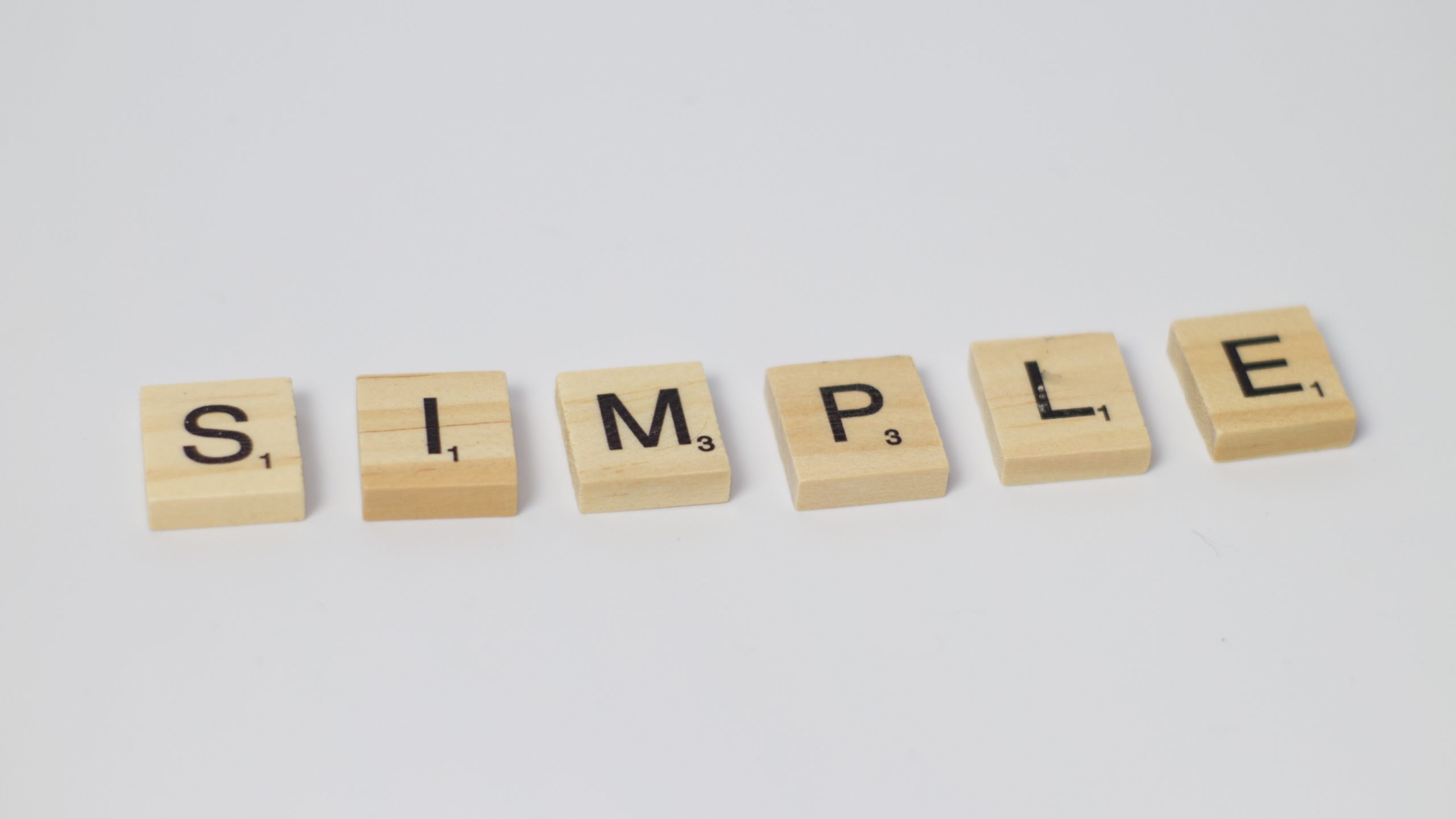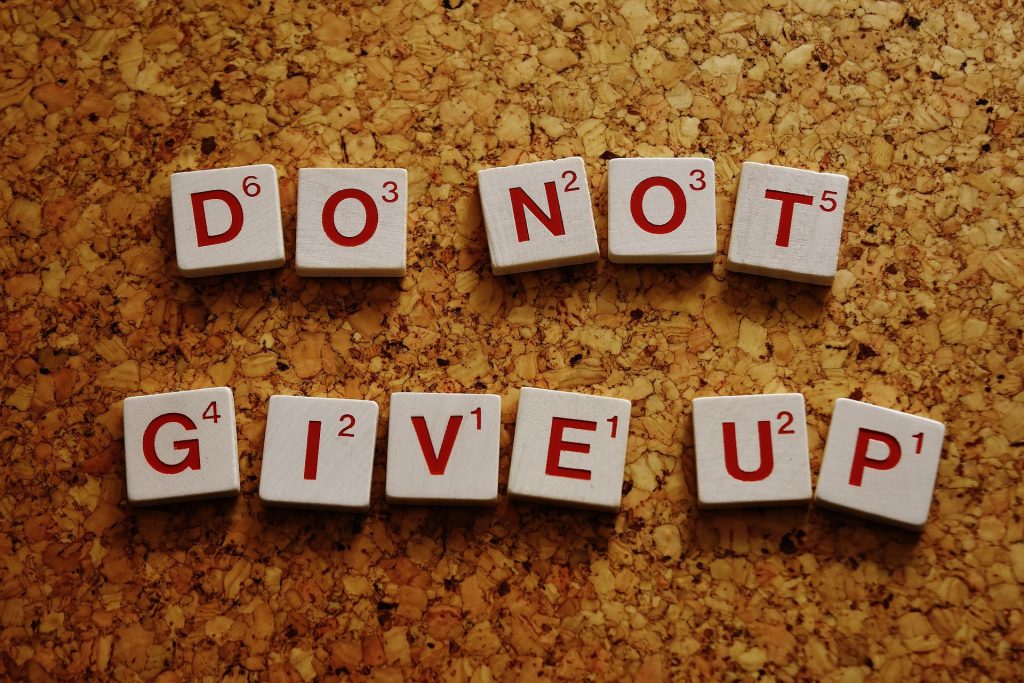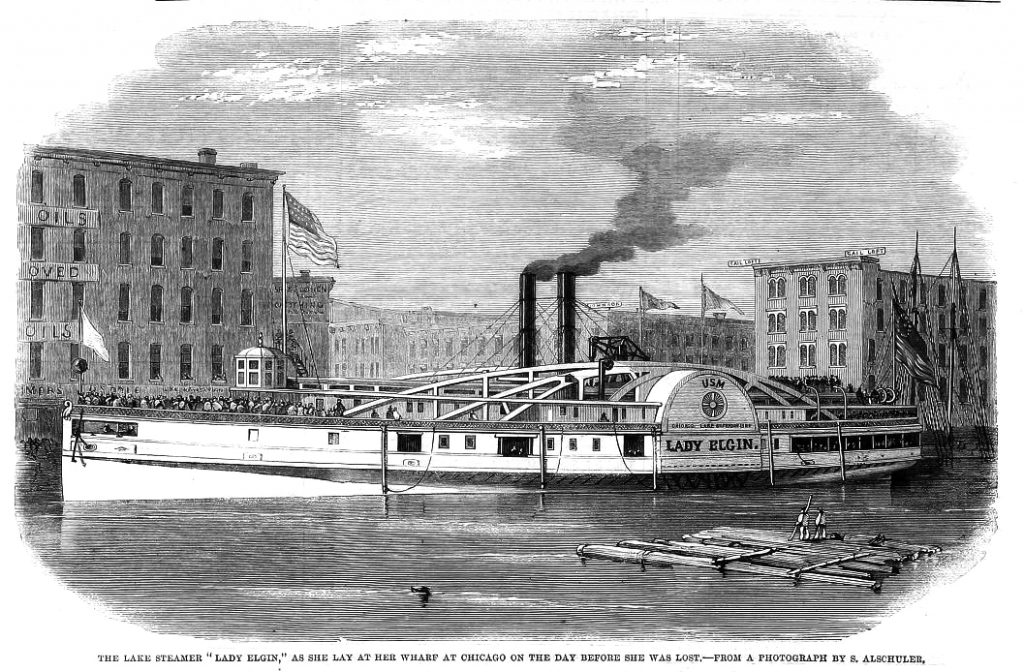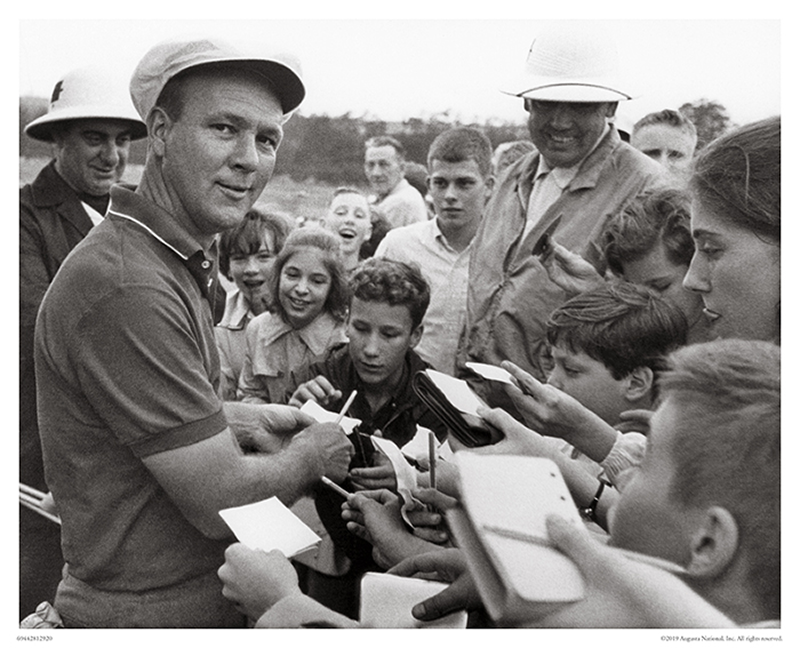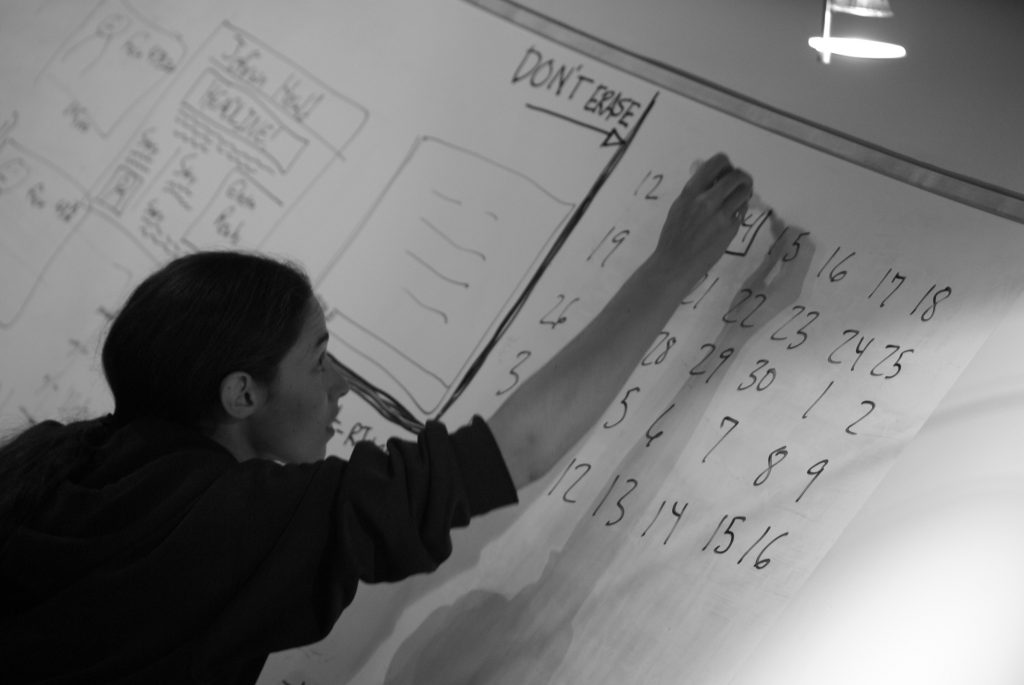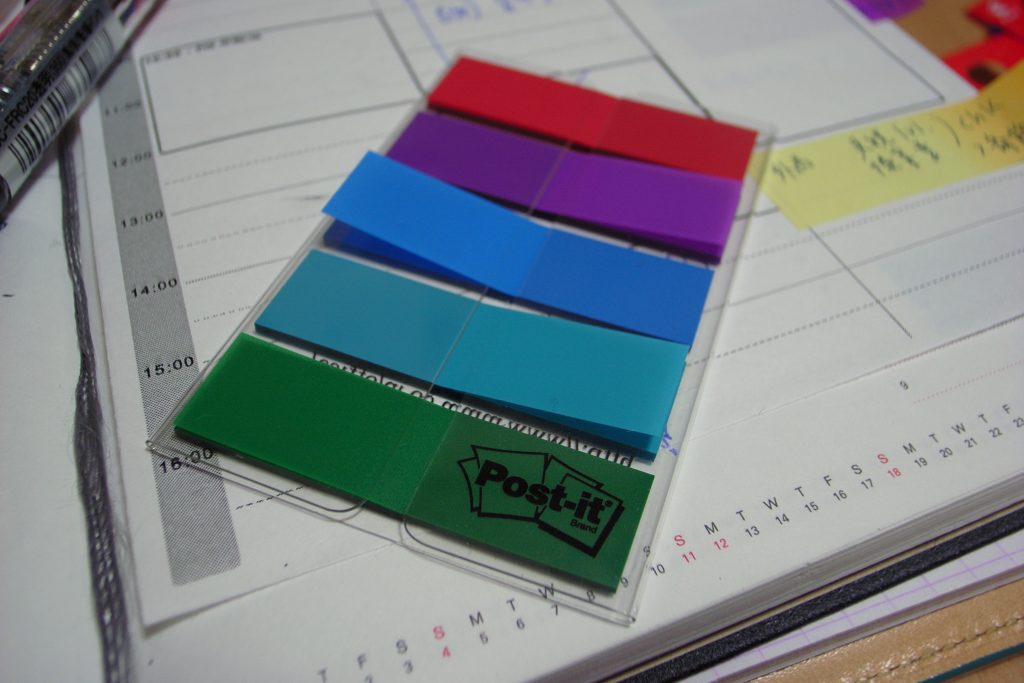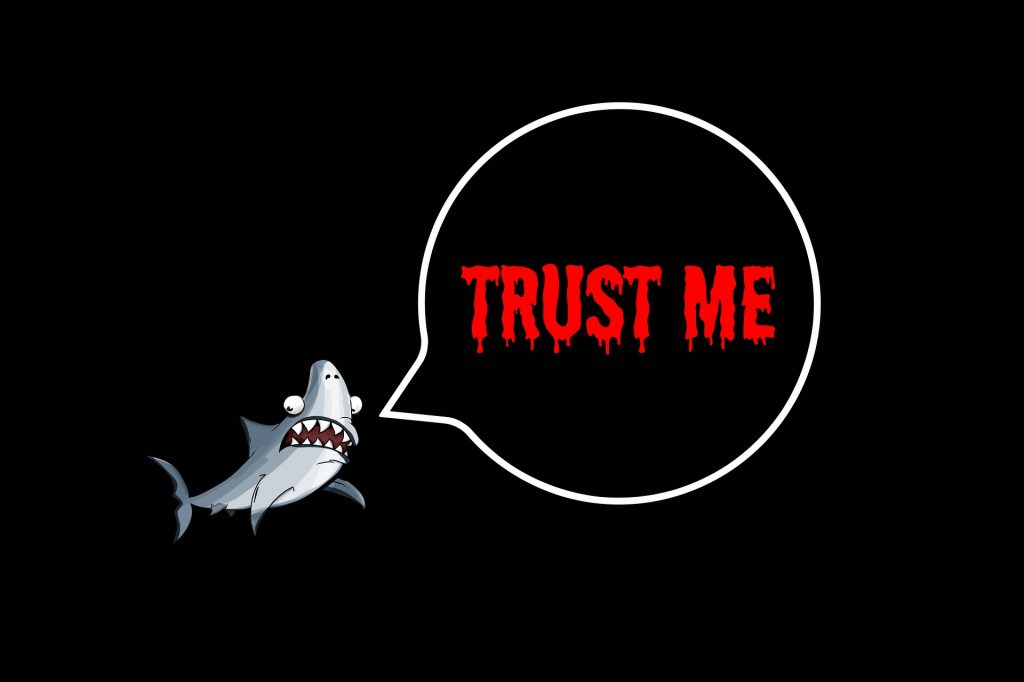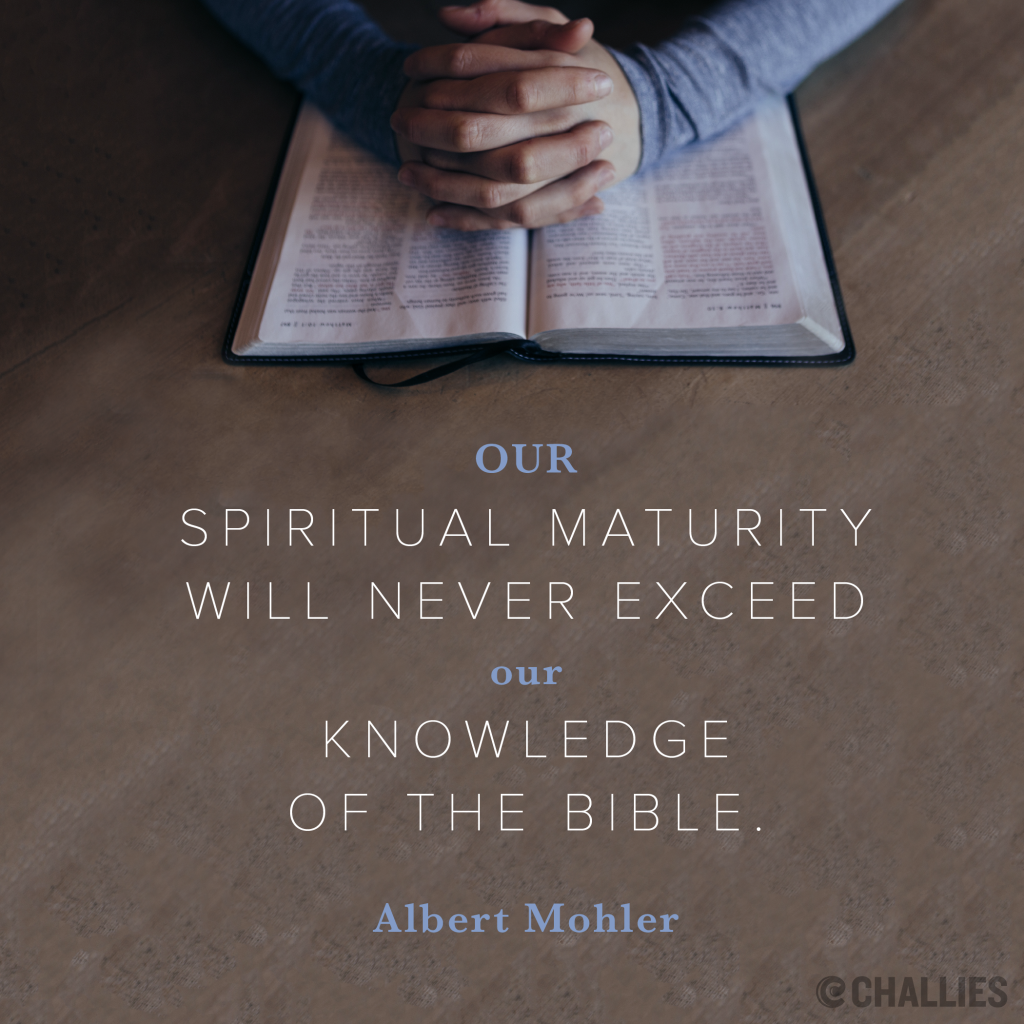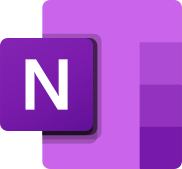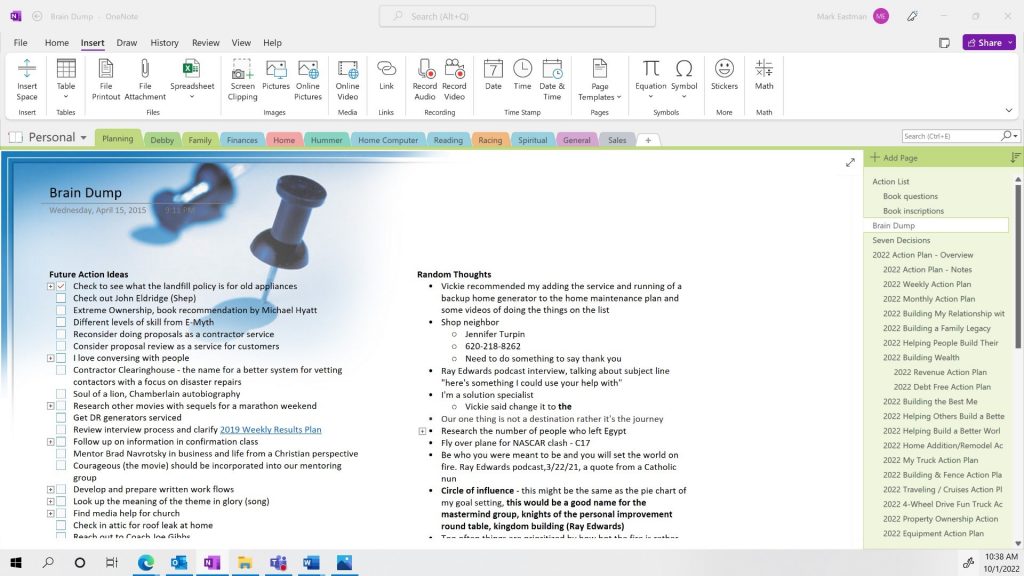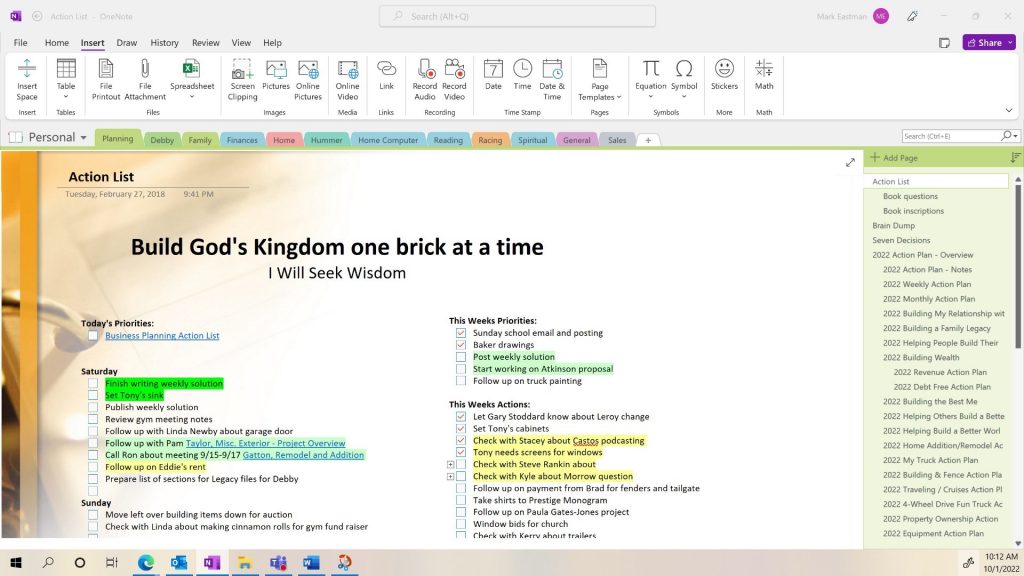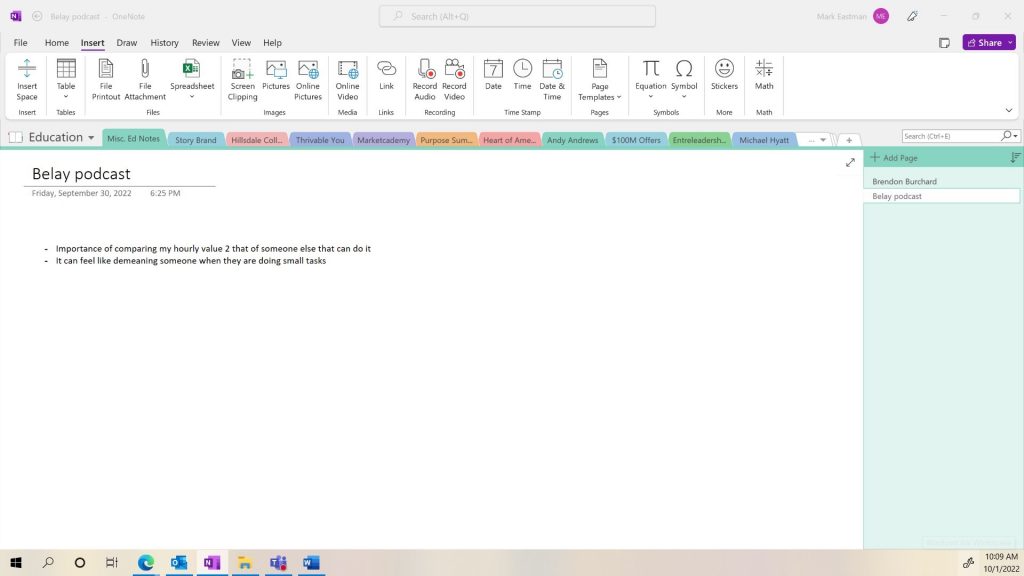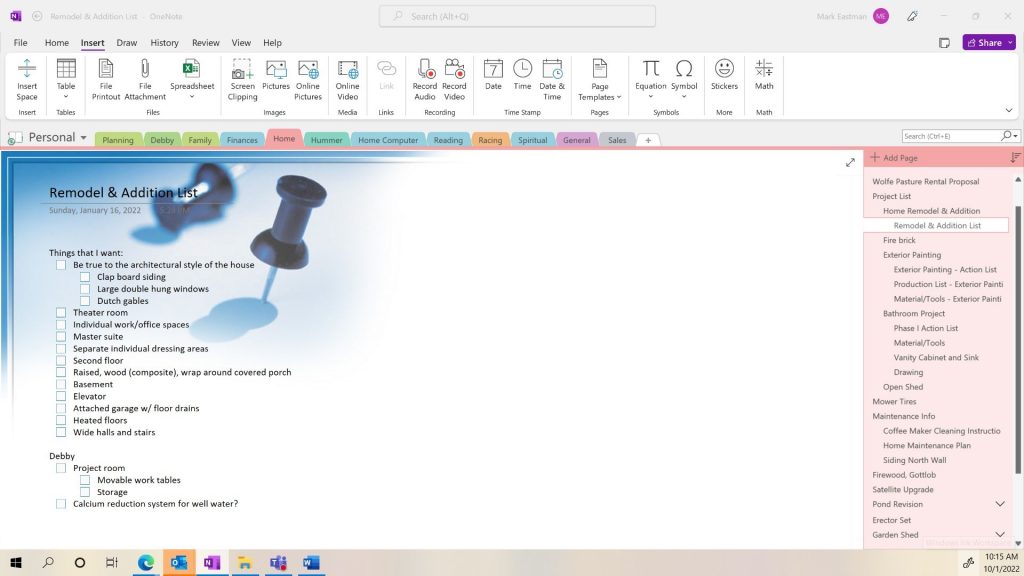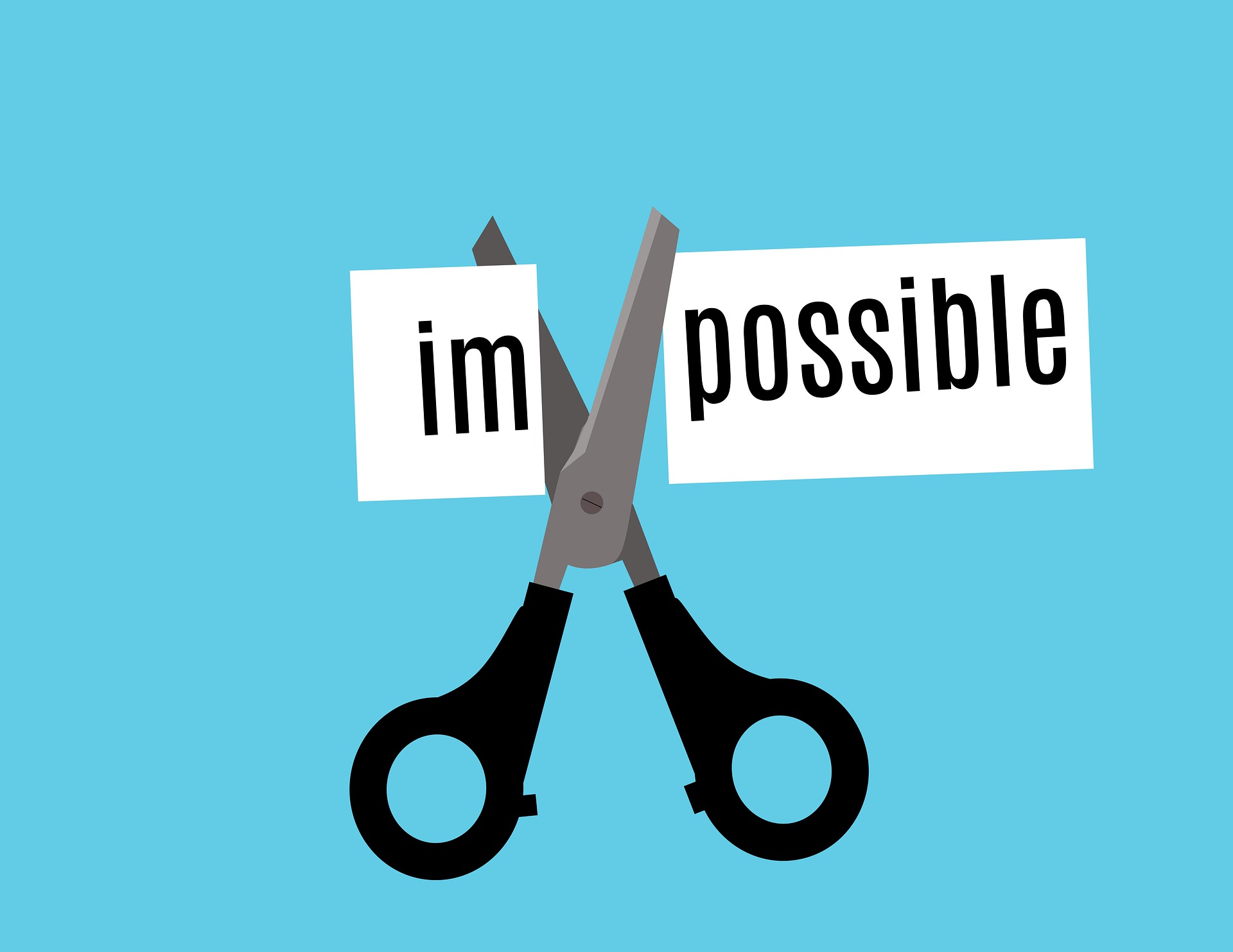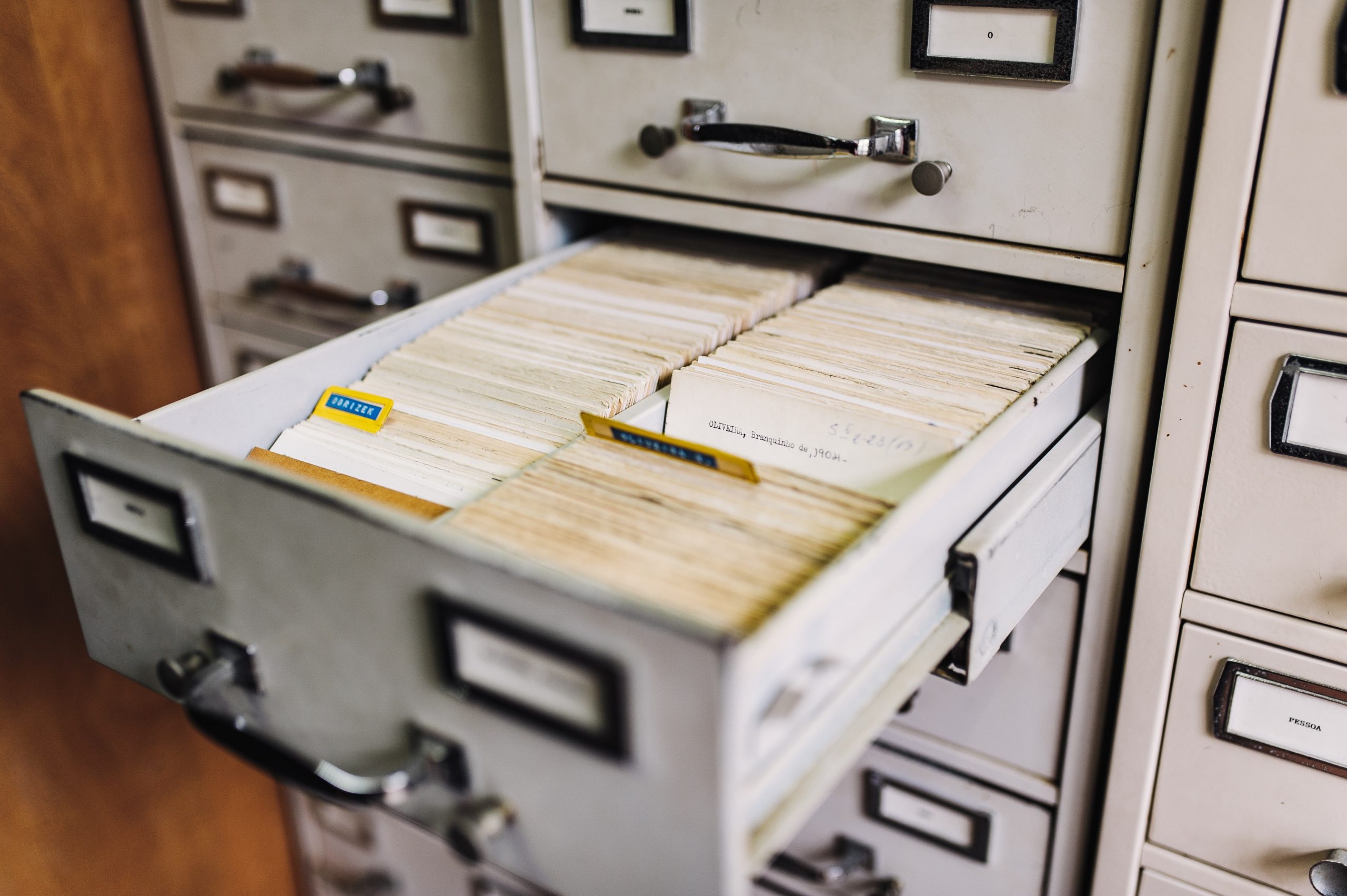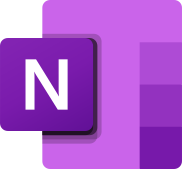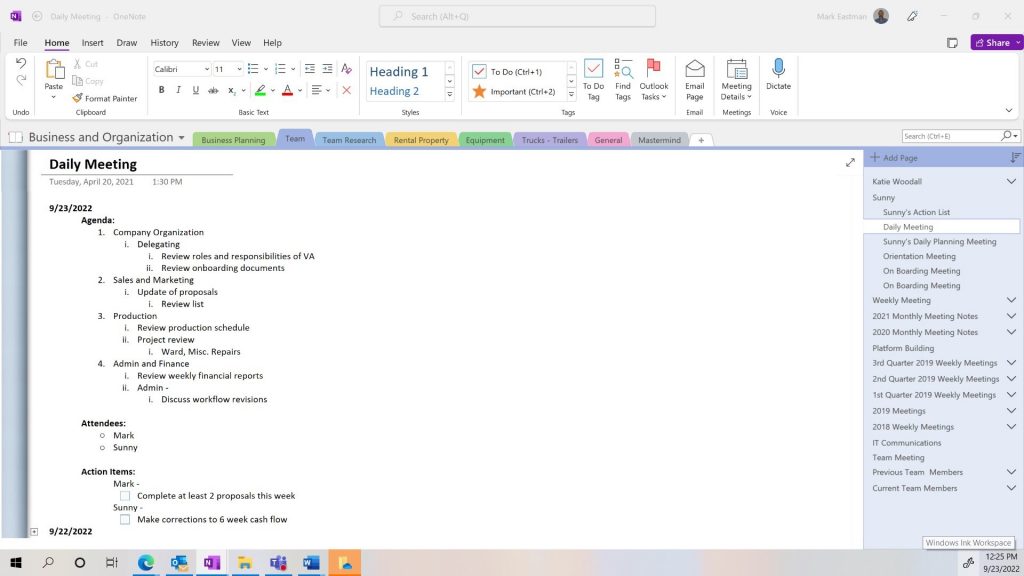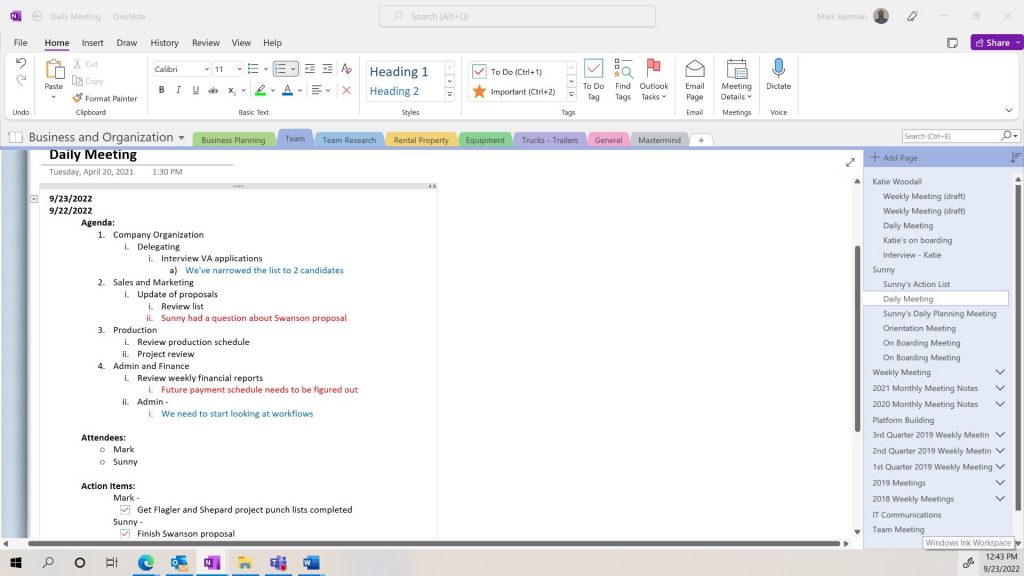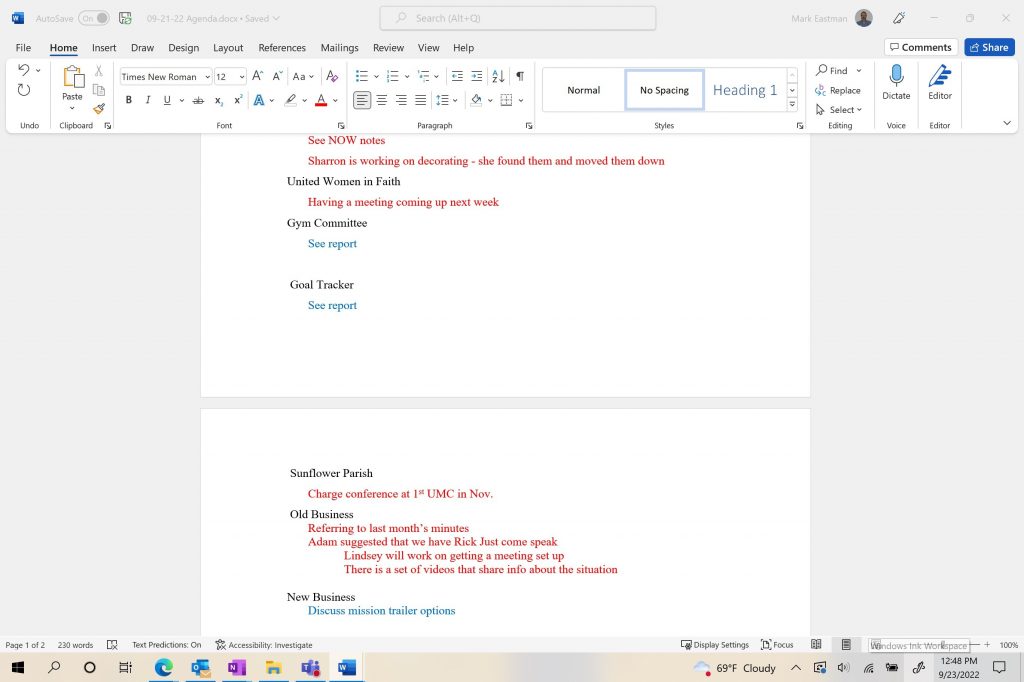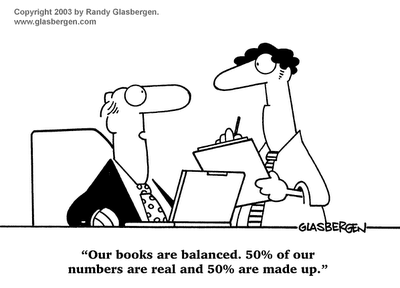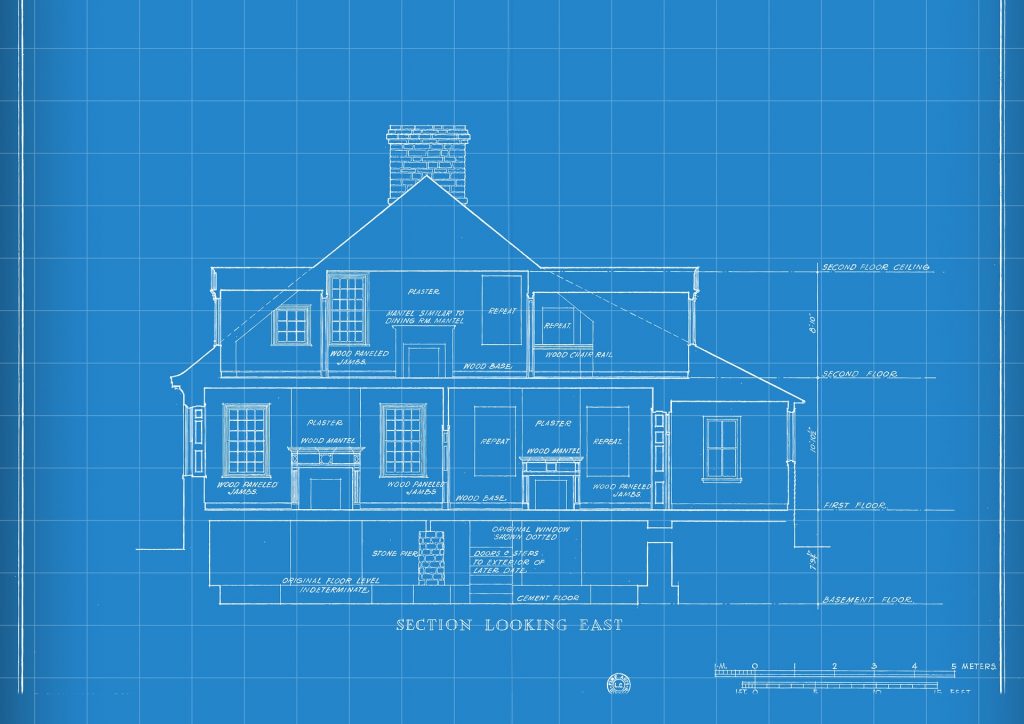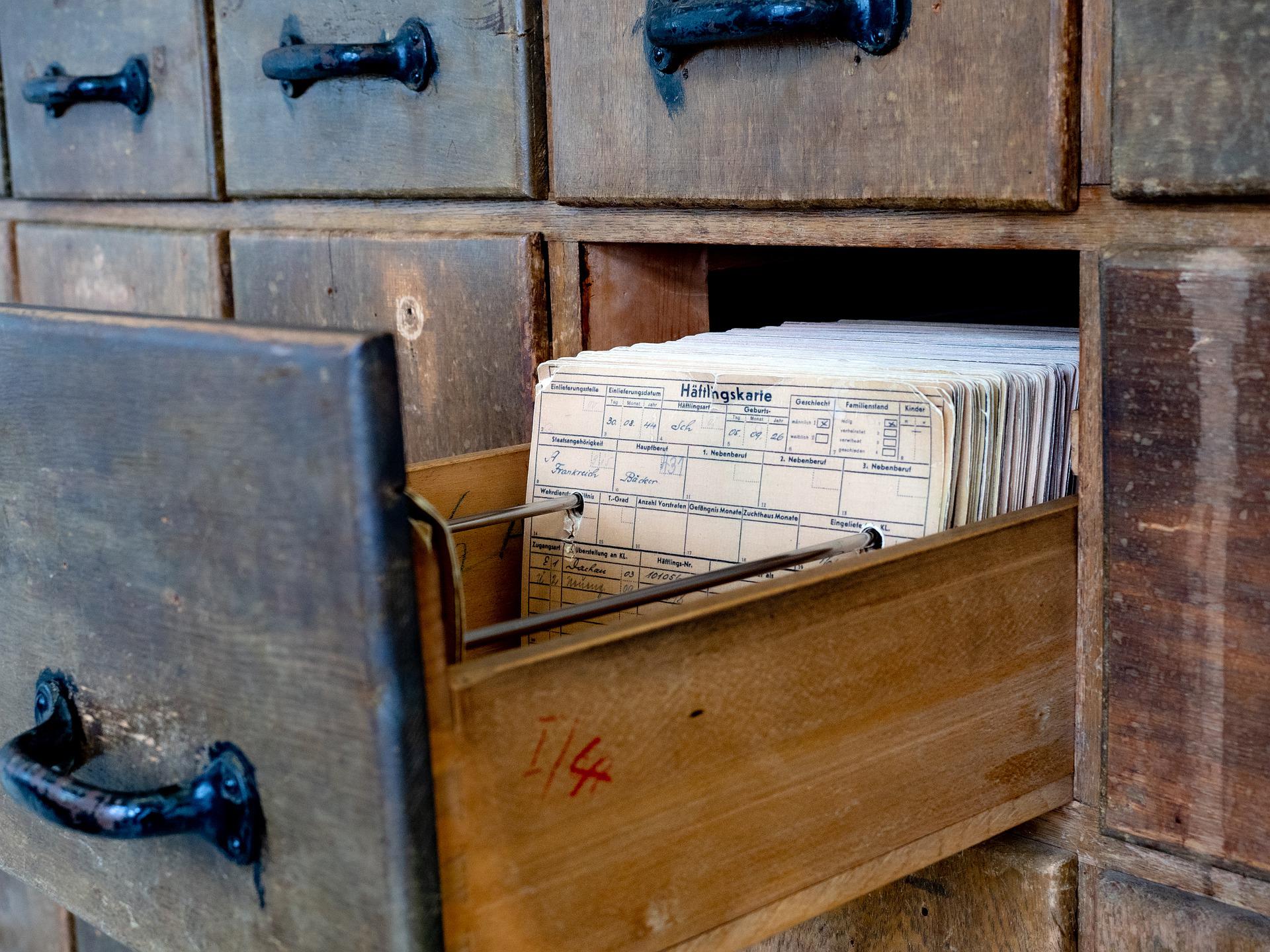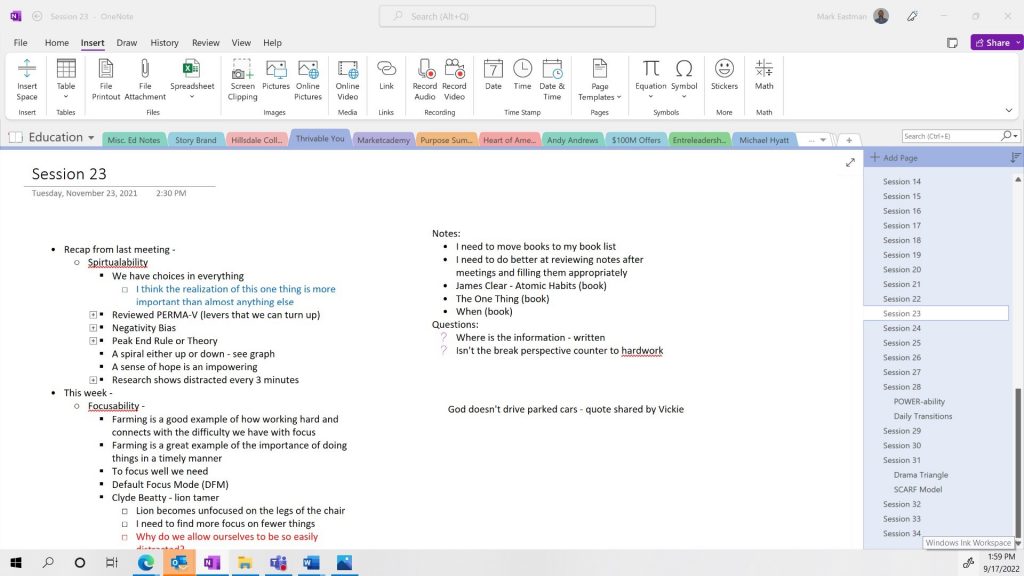No One Ever Said That Living Right Would Be Easy
I recently read a blog post from Rabbi Evan Moffic titled, The Difference Between Simple and Easy. As someone who is good at making simple things more complicated than they need to be, I had a light bulb moment while reading. I realized how much of the time we confuse these two.
Simple and easy do not mean the same thing.
For example:
“The Ten Commandments are simple. They are a list of ten things we should and shouldn’t do.
But are they easy? No. If they were easy, we would leave in a world without murder, theft, adultery, or conflict. They are simple but not easy.

Certain acts are easy and simple. Baking a cake from a cake mix is simple and easy. You pour out the mix, add water and eggs, stir, put in the oven, and enjoy.
Some acts can be easy but not always simple. Habits often fall into this category. Take driving, for example.
Driving is easy for many of us if we have been doing it for years. But anyone who has sat with a new teenage driver in a car knows it is not simple! It becomes easy over time.
Now the most meaningful category: Simple but not easy.
Following a diet is an example of simple but not easy. We generally know which foods are healthy and which are not. But we do not have an easy time sticking to them.”
Living right is simple but not easy.
It is easy to look at others and compare ourselves to them, both good and bad.
In Luke 18:9-14, Jesus shows us an example of a Pharisee and a tax collector doing this.
By all appearances the Pharisee had been living right. He was not greedy or dishonest. He had been faithful in his marriage, followed the law and tithed. All things that are part of living as God wants us to.

Then he did something that God doesn’t want us to. He built himself up by comparing himself with a tax collector.
Normally tax collectors were known for overcharging people when collecting taxes and would pocket the extra. They were looked down on by the Jewish people of that time.
The tax collector was belittling himself and feeling inadequate and unworthy. He was asking God for forgiveness.
Neither of these men was completely right or completely wrong.
We need to be careful to not compare ourselves to others.
We need to compare ourselves to what God wants.

This is simple, but not easy.
Like the Ten Commandments as well as the rest of the Bible…it’s all very simple. But living it out in our daily lives isn’t easy.

